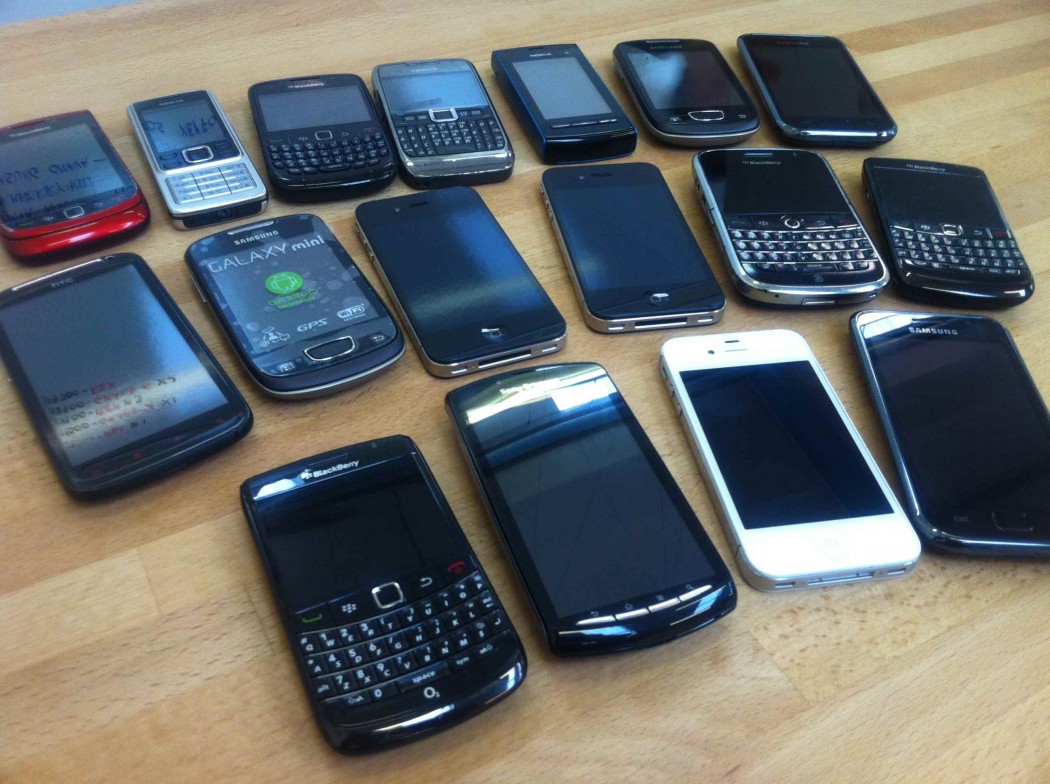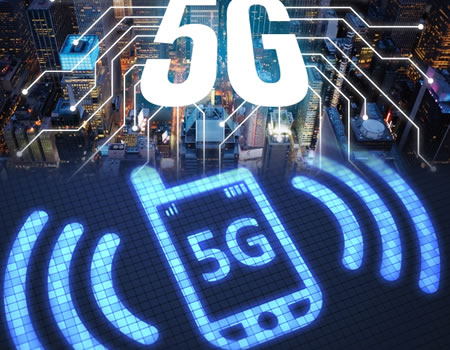NIGERIAN Communications Commission (NCC) have warned Nigerians to desist from using tokunbo telephones.
The Executive Vice Chairman of the NCC, Prof. Umaru Danbatta, who gave the warning, also dismissed rumours that telecoms facilities like masts and towers pose health hazards to residents around such facilities.
The country’s telecoms regulatory body during its special day at the 37th Kaduna International Trade Fair in the state capital warned that tokunbo phones posed health dangers to users.
Danbatta, who was represented by Maryam Bayi at the event, stated that tokunbo phones and not mast causes greater risks to Nigerians and that second-hand devices posed health risk to the users just as they degrade quality of service. He urged telecoms consumers to be wary of the sources of telecom devices they use as most of the tokunbo devices had been used and dumped by some countries before being shipped into Nigeria.
ALAO SEE: NCC in fresh war against service interference
He added that the telecoms regulatory body had on its website approved phones, while asking Nigerians to visit the site.
The NCC boss said, “The use of substandard and counterfeit devices, have been identified as one of the reasons for poor quality of service.
“Today, there are different types of handset in the market. Some of these devices have been used and dropped in the other parts of the world. Some are devices that did not meet international benchmarks for safety and other requirements.
“The commission has a list of type approved handsets in its websites. These are models ascertained to be of international standards and do not affect the quality of services in the networks.”
On masts, Danbatta said the World Health Organisation had dismissed insinuations that masts pose health risk to people living around them.
He, however, appealed to Nigerians to desist from obstructing expansion of telecom facilities “because we depend on them for the improvement of quality of service in the networks.”

 Entertainment6 days ago
Entertainment6 days ago
 Health1 week ago
Health1 week ago
 Health4 days ago
Health4 days ago
 Football1 week ago
Football1 week ago
 Football1 week ago
Football1 week ago
 Crime5 days ago
Crime5 days ago
 Education6 days ago
Education6 days ago
 Health6 days ago
Health6 days ago








